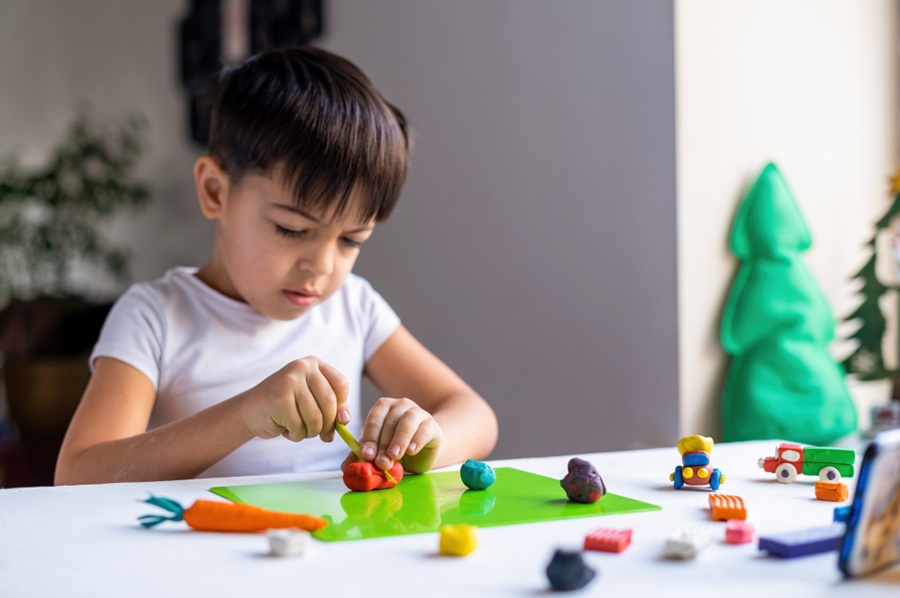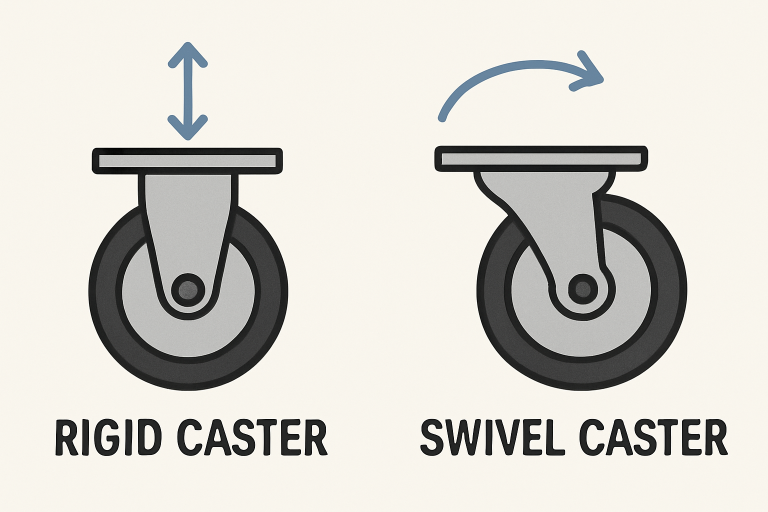Preschool is a magical time filled with curiosity, imagination, and rapid growth. As children move through these early years, their brains are developing at a remarkable pace. Guiding young learners through activities that are both engaging and educational sets the stage for lifelong development. By offering a blend of hands-on play, creative expression, and skill-building, parents and caregivers can nurture every area of a child’s growth. Rich, carefully chosen experiences during these years not only make learning fun but also support children in building confidence and social skills. To discover even more age-appropriate activities and games, explore these curated options at https://simplyfun.com/collections/preschool-ages-3-and-4.
Meaningful early childhood activities harness children’s natural desire to learn through play, using everyday materials and imagination to build foundational skills. It’s crucial to include activities that develop social, emotional, motor, language, and practical skills. Activities should be varied to promote overall growth and development. Preschoolers thrive when they explore, create, and ask questions in a safe environment with encouragement from caring adults.
Open-ended play, without a right or wrong way, fosters critical thinking and independence. Whether exploring textures or expressing themselves with art, children benefit from choice and variety. Giving kids agency in play helps develop decision-making, persistence, and creativity. Even simple activities offer many learning opportunities each day.
Sensory Play
Sensory play is a cornerstone of early education, stimulating children’s senses and sparking curiosity. Simple setups, such as bins filled with rice, beans, or water, encourage exploration with hands and tools like scoops and funnels. Children can experience different textures—smooth, rough, squishy, or gritty—which helps build vital pathways in the brain. Sensory experiences like these support cognitive and fine motor development and are also crucial for emotional regulation. Activities such as playing with kinetic sand, exploring scented playdough, or even painting with sponges on bubble wrap invite children to immerse themselves fully in the present moment. Making time for sensory play each day lays a strong foundation for learning and helps preschoolers process new information. The Zero to Three Foundation provides research-backed ideas for sensory-rich activities.
Arts and Crafts
Preschoolers’ imaginations come alive through arts and crafts. Creative activities, such as sponge painting or collages made with feathers, leaves, and colored paper, help build fine motor skills and hand-eye coordination. Playing with clay or modeling dough encourages muscle development in the fingers, which later supports a good pencil grip. Crafting with natural materials also teaches children to respect and appreciate the world around them. Painting, drawing, and other forms of artistic expression introduce concepts such as colors, shapes, and symmetry in a meaningful and playful way.
Most importantly, art projects encourage self-expression, allowing children to communicate their feelings and ideas in unique ways. When children are praised for their originality, they begin developing confidence as creators and thinkers. Regular arts and crafts sessions develop patience and give preschoolers a sense of accomplishment.
Storytelling and Drama
Language skills blossom when children are active participants in stories. Using props, puppets, or dress-up costumes makes tales come to life and transforms passive listening into dynamic learning. Creating their own characters or acting out favorite storybooks gives children the chance to explore new vocabulary and practice sentence structure. Acting out familiar stories or inventing new ones boosts imagination and vocabulary while helping children understand the structure and sequence of stories. Engaging in role-play encourages children to practice negotiation, teamwork, and empathy as they imagine themselves in someone else’s shoes. Dramatic play also fosters empathy by encouraging preschoolers to view the world from different perspectives.
Music and Movement
Rhyming songs, fingerplays, and dance routines add rhythm and joy to daily routines. Music introduces children to patterns, improves memory, and encourages language development. Even the youngest children enjoy clapping along to a steady beat or dancing in a circle with friends. Simple instruments like shakers or homemade drums can involve everyone, regardless of musical background. Exposing preschoolers to a variety of music genres, ranging from classical to folk to world music, can enhance their listening skills and broaden their cultural awareness. Movement-based musical games foster coordination, balance, and confidence while giving children an outlet for self-expression. Exploring music from different cultures is a wonderful way to broaden understanding and celebrate diversity.
Science Exploration
Introducing science doesn’t require a lab. Everyday experiences, like mixing baking soda and vinegar to create a fizzy reaction, introduce preschoolers to cause and effect. Activities as simple as checking the weather, observing shadows on a sunny day, or experimenting with what sinks and floats in a tub of water turn regular routines into learning adventures. Nature walks, such as collecting leaves, rocks, or studying insects, foster observation skills and an appreciation for the environment. You can set up magnifying glasses to closely examine pebbles, pinecones, or flower petals. Ask questions and encourage children to predict, observe, and discuss their findings. These early explorations plant the seeds of scientific thinking and inspire curiosity about the natural world.
Outdoor Activities
Time outdoors is invaluable for young children’s health and social-emotional growth. The open air and natural environment inspire play in ways that indoor activities sometimes cannot. Organize scavenger hunts, set up obstacle courses, or simply let children explore the backyard or park. Games like tag, hide-and-seek, or hopscotch promote movement and dexterity while boosting mood. Activities like gardening can teach responsibility and the basics of life cycles as children plant seeds and care for growing plants. Observing insects, watching birds, or tracking changes in the weather can all become part of your outdoor adventures. Playing in groups teaches teamwork, empathy, and turn-taking, all while building gross motor skills such as running, jumping, and balancing.
Literacy Games
Early literacy skills form the backbone of future academic success. Engaging preschoolers with stories, poems, and rhymes fosters an interest in both written and spoken language from an early age. Games such as “I Spy,” word hunts, and interactive story reading make learning letters and sounds a fun experience. Rhyming games and singing the alphabet song introduce phonics in a joyful, pressure-free way. Mad Libs help with vocabulary and grammar, while homemade word searches or letter puzzles promote spelling and recognition. These playful activities lay the groundwork for reading and writing, fostering a genuine love for books and stories. Daily read-aloud sessions, where children can ask questions and turn pages, further encourage participation and comprehension.
Practical Life Skills
Preschoolers are eager to help with daily tasks when they are made fun and accessible. Allowing them to participate in real-life activities builds a feeling of competence and inclusion. Activities like sorting laundry by color, making simple snacks, or watering houseplants teach responsibility and support fine motor growth. Involving children in measuring, pouring, and mixing during cooking sessions is an enjoyable way to build math and motor skills. When cleanup is turned into a game or a race, children build organizational skills and take pride in their independence. These everyday routines teach sequencing, following directions, and problem-solving. These foundational experiences help children transition smoothly into elementary school and beyond.
Incorporating variety and everyday materials into playtime offers preschoolers rich learning opportunities. By balancing creativity, movement, literacy, and practical skills, caregivers can help children gain confidence and curiosity that lasts a lifetime. Early positive experiences inspire children to keep exploring, learning, and discovering throughout their school years and beyond.
Conclusion
Incorporating fun and meaningful activities into a preschooler’s day helps nurture their curiosity, creativity, and social-emotional growth. Through play-based learning, hands-on exploration, and engaging interactions, children can build essential skills while enjoying every moment. By providing opportunities that spark joy and support their development, you create a positive foundation for lifelong learning. With the right balance of fun and purpose, preschoolers can thrive as they grow, discover, and connect with the world around them.




